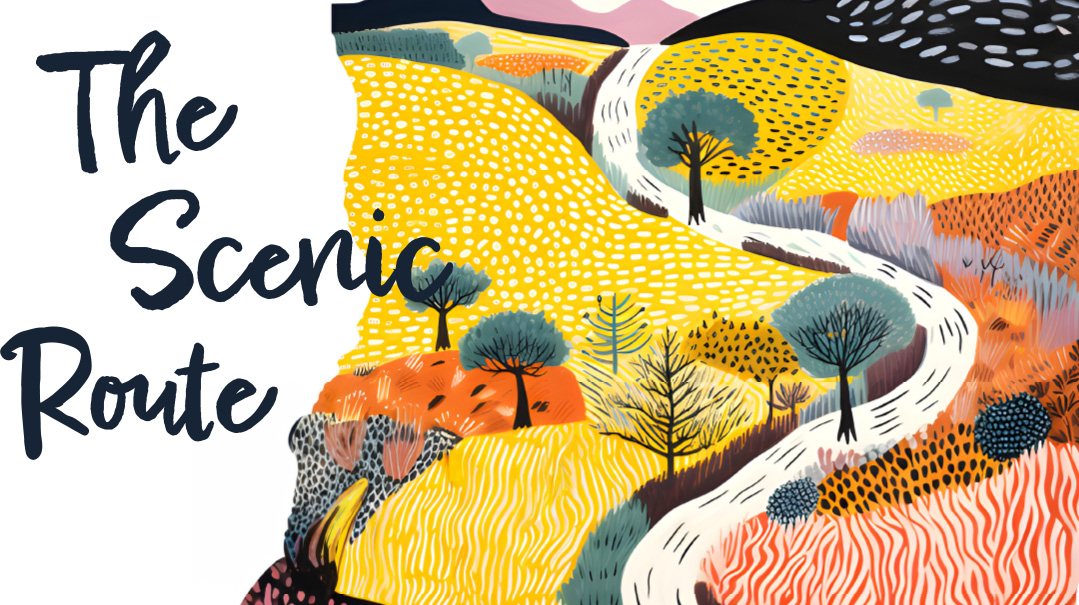Meltdown: Epilogue
| July 25, 2023I loved this type of full-family mayhem and I was in heaven. But always, as always, forever conscious of what Chezky was doing, where he was, was everything safe

IT’S
Purim again, more than a decade after that Purim that led us to Chezky’s ASD diagnosis. It’s incredible to compare the Chezky of then to the Chezky of now.
Like he does for all Yamim Tovim, vacations, and off-Shabbosos, Chezky came home for Purim. He was dressed in his real karate outfit, his costume of choice for the past few Purims — replete with knee guards, elbow guards, gloves, and his precious orange belt. He’s tremendously proud of that achievement, as he should be; he worked very hard to gain that mastery.
“Ma, you wanna see me take down Dovid?” He gestured to his younger brother, who was all eager to defend himself.
I looked up from the couch where I was playing with my grandson (dressed as a honeybee). The house was full of people, kids, grandkids, sons-in-law, and bochurim. I loved this type of full-family mayhem and I was in heaven. But always, as always, forever conscious of what Chezky was doing, where he was, was everything safe. Now I reminded him, “No practicing karate at home, Chezk! That’s the rule!” All I needed now would be to drag one of his brothers to the ER because of Chezky’s expertise.
But where in the past he would have argued or just proceeded to demonstrate on Dovid, now he laughed and poked his brother in the arm. “Mommy knows how strong I am,” he said with pride. “She doesn’t want to risk you getting hurt.
Oops! We could not locate your form.



